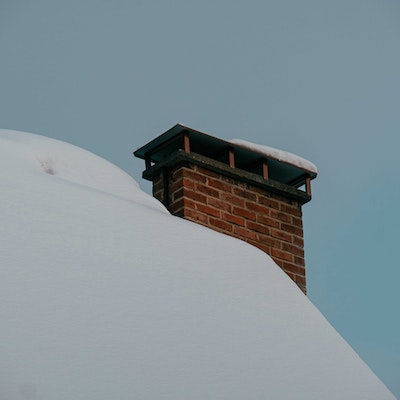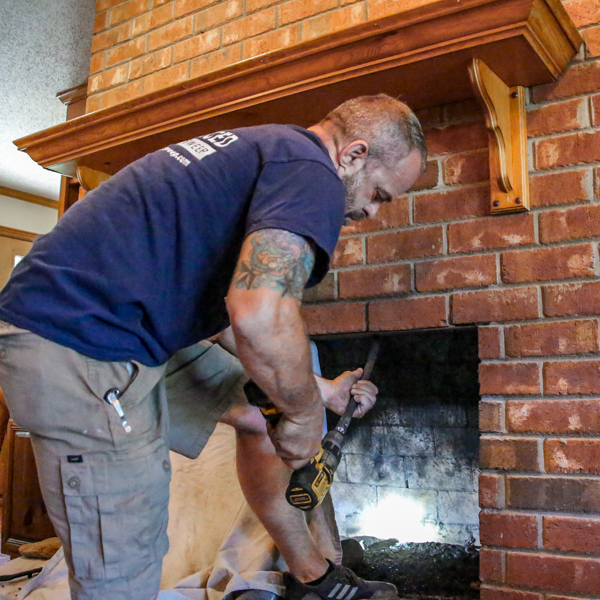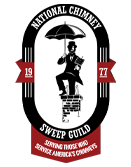What Happens When Snow Gets In My Chimney?
With the winter season fast approaching, many residents in northern Georgia and South Carolina Midlands area often ask, “Can snow get in my chimney?” While snow is rare in the low country, there is a potential for snowfall in the Midlands region, in the higher elevations north of Columbia, SC. So, if your chimney has a damaged or missing chimney cap or other masonry damage, snow can get inside your chimney.
When the snow melts, the moisture can damage the interior masonry, rust metal components, and other problems that lead to more frequent chimney repairs. Plus, if precipitation, including snow, is getting inside the chimney, chances are that debris, small animals, and pests are also getting in the chimney.
 Freeze-Thaw Cycle
Freeze-Thaw Cycle
However, the freeze-thaw cycle is the most significant issue for chimneys in Augusta, GA, Lexington, SC, and surrounding communities in the Central Augusta River Area and South Carolina Midlands. That’s because, during the winter, temperatures in our area often drop below freezing in the evening and then thaw during the warmer afternoons. When water trapped inside the brickwork freezes, the ice crystals expand, causing brick and mortar to crack. The cracks get larger with every FTC event, eventually causing considerable masonry damage such as flaking, crumbling, and spalling.
Masonry Damage
Since brick and mortar are porous materials, masonry chimneys are vulnerable to water damage.
- One of the first signs of masonry damage is efflorescence, a white stain across the bricks. It occurs when moisture penetrates deep beneath the clay and silica material, drawing the salts to the surface. It is often noticeable when the surface is dry in the spring and summer.
- A missing or damaged chimney cap is another way for snow to get in the chimney leaving a small puddle in the fireplace. The moisture can damage the flue liner, firebrick, and damper.
- When the chimney cap is compromised, the chimney crown, the cement surface that tops the chimney, is more prone to water damage from snow. Small cracks can be sealed with a CrownCoat®, while more significant damage may require rebuilding.
- Snow can also be a problem when it accumulates on the chimney flashing, a piece of sheet metal that creates a watertight seal where the chimney and roof meet. If the flashing rusts, warps or corrodes, snow and water can get in the chimney, damaging your roof deck, walls, and ceiling around the fireplace.
 Professional Chimney Inspections in GA-SC
Professional Chimney Inspections in GA-SC
Protect your chimney from snow and water damage by scheduling a chimney inspection as soon as possible. Our certified chimney professional will ensure your chimney & fireplace are safe to operate during the winter holiday season. It will also prolong the lifespan of your chimney, avoiding more extensive repairs in the future.
Advanced Chimney Sweep provides certified chimney inspections, cleaning, and repairs in the CSRA and South Carolina Midlands region, including Gaston, SC; Batesburg-Leesville, SC; Martinez, GA; and Augusta, GA. Call (706) 833-4630 or (803) 508-3990 today to schedule an appointment, or contact us here!





